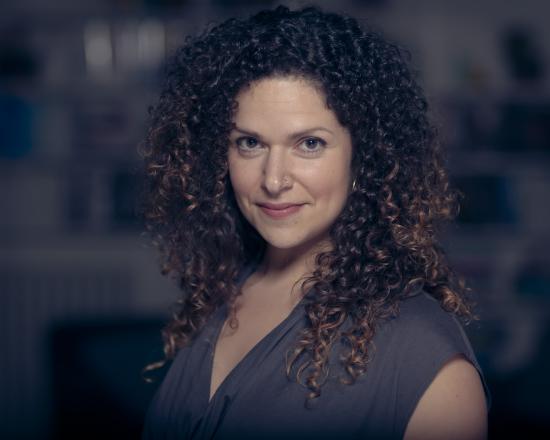Repairing Innovation: The Labor of Integrating New Technologies
Sponsored by the Algorithmic Fairness and Opacity Group (AFOG)
Despite their promise to address some of the world’s most pressing issues, new technologies risk failure and harmful consequences when not carefully integrated into our existing social worlds. In this presentation, Madeleine Clare Elish argues that we should conceptualize technology as a component of a larger sociotechnical system to better anticipate the encompassing failures, harms, and benefits that may arise from a particular innovation. Drawing on ethnographic research that she and her colleagues have conducted on automated aviation, driverless cars, small scale agriculture, grocery retail, and emergency healthcare, Madeleine will discuss diverse examples of the crucial, but often invisible, labor required to integrate AI technologies into existing social and institutional contexts. Recognizing this invisible labor, she argues, enables us to consider how we can protect and enhance the dignity of workers when developing the design and governance of AI systems.
Madeleine Clare Elish leads the AI on the Ground Initiative at Data and Society, where she and her team investigate the promises and risks of integrating AI technologies into society. Through human-centered and ethnographic research, AI on the Ground sheds light on the consequences of deploying AI systems beyond the research lab, examining who benefits, who is harmed, and who is accountable. Their work has focused on how organizations grapple with the challenges and opportunities of AI, from changing work practices and responsibilities to new ethics practices and forms of AI governance.
Trained as a cultural anthropologist, Madeleine has conducted field work across varied industries and communities, ranging from the Air Force, the driverless car industry, and commercial aviation to precision agriculture and emergency healthcare. Her research has been published and cited in scholarly journals as well as publications including The New York Times, Slate, Vice, and USA Today. She holds a Ph.D. in anthropology from Columbia University and an S.M. in comparative media studies from MIT.










